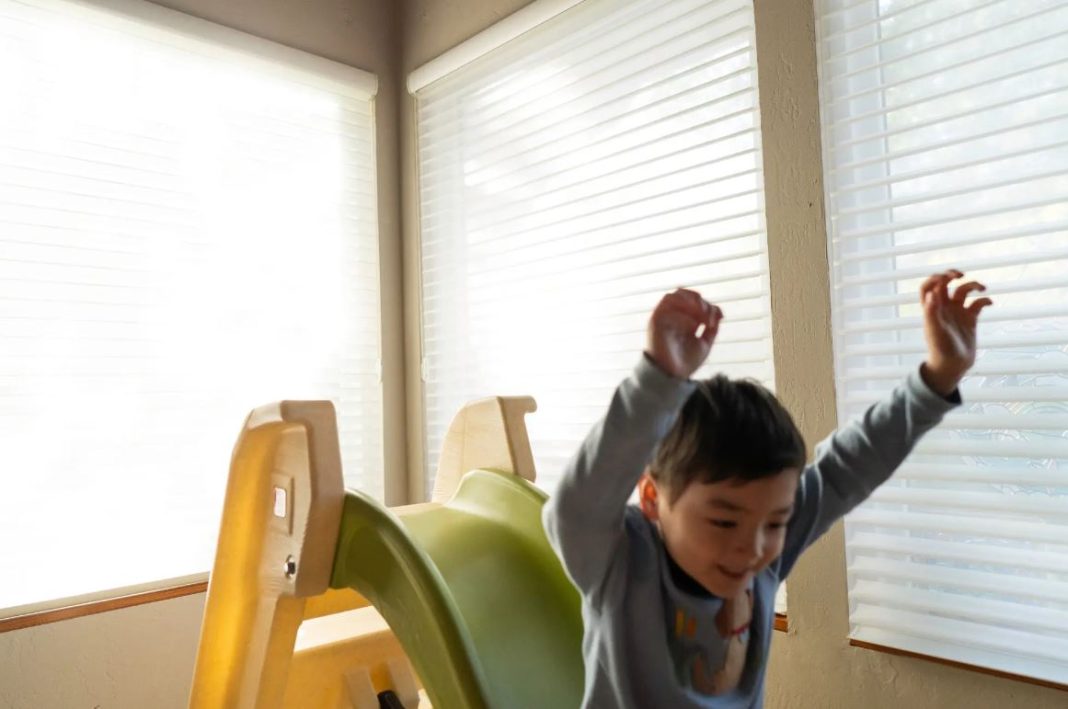A groundbreaking study has revealed promising results for children with severe food allergies, indicating that a drug commonly used to treat allergic asthma and hives significantly reduces the risk of life-threatening reactions. The drug, known as Xolair, has been shown to be effective in minimizing the occurrence of serious allergic reactions, such as anaphylaxis, when exposed to trace amounts of peanuts, cashews, milk, and eggs.
Published in The New England Journal of Medicine and presented at the annual conference of the American Academy of Allergy, Asthma and Immunology, the study highlights the potential life-changing impact of Xolair for a specific population of food allergy patients, particularly children and adolescents.
Dr. Robert A. Wood, the paper’s lead author and director of the Eudowood Division of Pediatric Allergy, Immunology, and Rheumatology at Johns Hopkins Children’s Center, emphasized the significance of this breakthrough treatment. He noted that for individuals with severe food allergies, everyday activities such as dining out or traveling can be accompanied by fear and anxiety due to the constant threat of an allergic reaction.
The prevalence of food allergies has been on the rise over the past two decades, affecting millions of children and adults in the United States alone. Approximately half of individuals with food allergies have experienced severe, life-threatening reactions, leading to tens of thousands of emergency department visits each year.
Xolair offers a glimmer of hope for patients and families grappling with the challenges of severe food allergies. The drug, which has already received approval from the Food and Drug Administration for adults and children over the age of one, represents a significant advancement in allergy treatment. Unlike previous interventions, Xolair is the first treatment to drastically reduce the risk of serious reactions following accidental exposure to various food allergens.
The study, funded in part by the National Institute of Allergy and Infectious Diseases, employed rigorous scientific methods to assess the effectiveness of Xolair. Conducted at 10 medical centers across the United States, the double-blind, randomized, placebo-controlled clinical trial included 177 children and adolescents aged 1 to 17 who were allergic to peanuts and at least two other foods.
The results revealed a striking difference in the participants’ ability to tolerate trace amounts of food allergens after receiving Xolair. Of those who received the drug, 67 percent demonstrated increased tolerance to peanuts, while only 7 percent of those in the placebo group showed similar tolerance.
While Xolair offers newfound hope for individuals with severe food allergies, experts caution that it is not a cure-all solution. Patients must continue to avoid known allergens and adhere to regular Xolair injections to maintain its efficacy. Additionally, the drug may not be suitable for everyone, and its administration via injection may pose challenges for some, especially children.
Despite these limitations, Xolair represents a significant milestone in the field of allergy treatment, offering a lifeline to those living with severe food allergies. As researchers continue to explore innovative approaches to allergy management, Xolair stands as a beacon of hope for patients and families striving for a safer, more manageable future.

